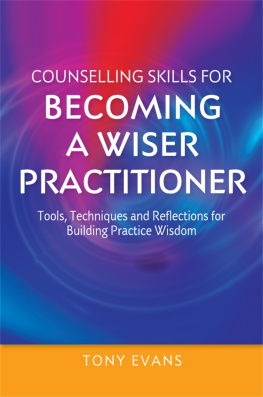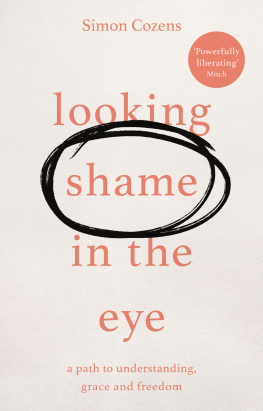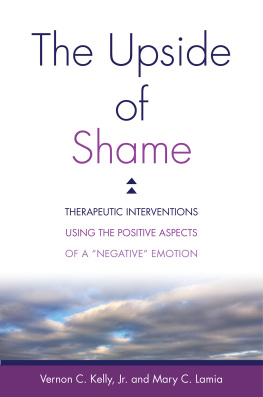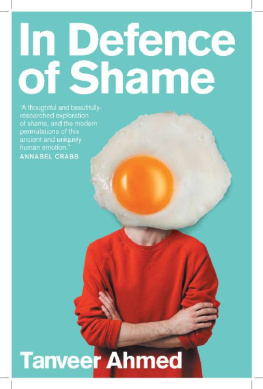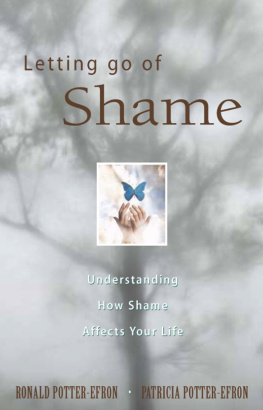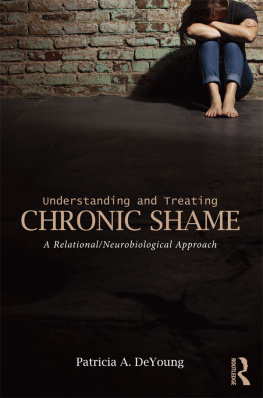
COUNSELLING SKILLS FOR BECOMING A WISER PRACTITIONER
also in the Essential Skills for Counselling series
Counselling Skills for Working with Shame
Christiane Sanderson
ISBN 978 1 84905 562 8
eISBN 978 1 78450 001 6
Counselling Skills for Working with Trauma
Healing From Child Sexual Abuse, Sexual Violence and Domestic Abuse
Christiane Sanderson
ISBN 978 1 84905 326 6
eISBN 978 0 85700 743 8
of related interest
Practical Supervision
How to Become a Supervisor for the Helping Professions
Penny Henderson, Jim Holloway and Anthea Millar
Foreword by F. M. Inskipp
ISBN 978 1 84905 442 3
eISBN 978 0 85700 918 0
Neuroscience for Counsellors
Practical Applications for Counsellors, Therapists and Mental Health Practitioners
Rachal Zara Wilson
Illustrated by Pagan Tawhai
ISBN 978 1 84905 488 1
eISBN 978 0 85700 894 7
Ethical Maturity in the Helping Professions
Making Difficult Life and Work Decisions
Michael Carroll and Elisabeth Shaw
ISBN 978 1 84905 387 7
eISBN 978 0 85700 749 0
Theory and Practice of Focusing-Oriented Psychotherapy
Beyond the Talking Cure
Edited by Greg Madison
Foreword by Eugene Gendlin and Gene Gendlin
ISBN 978 1 84905 324 2
eISBN 978 0 85700 782 7
Self-Care for the Mental Health Practitioner
The Theory, Research, and Practice of Preventing and Addressing the Occupational Hazards of the Profession
Alfred J. Malinowski
ISBN 978 1 84905 992 3
eISBN 978 0 85700 931 9
COUNSELLING SKILLS FOR
BECOMING A WISER PRACTITIONER
Tools, Techniques and Reflections for Building Practice Wisdom

TONY EVANS
Foreword by Christiane Sanderson

Jessica Kingsley Publishers
London and Philadelphia
First published in 2015
by Jessica Kingsley Publishers
73 Collier Street
London N1 9BE, UK
and
400 Market Street, Suite 400
Philadelphia, PA 19106, USA
www.jkp.com
Copyright Tony Evans 2015
Foreword copyright Christiane Sanderson 2015
All rights reserved. No part of this publication may be reproduced in any material form (including photocopying or storing it in any medium by electronic means and whether or not transiently or incidentally to some other use of this publication) without the written permission of the copyright owner except in accordance with the provisions of the Copyright, Designs and Patents Act 1988 or under the terms of a licence issued by the Copyright Licensing Agency Ltd, Saffron House, 610 Kirby Street, London EC1N 8TS.
Applications for the copyright owners written permission to reproduce any part of this publication should be addressed to the publisher.
Warning: The doing of an unauthorised act in relation to a copyright work may result in both a civil claim for damages and criminal prosecution.
Library of Congress Cataloging in Publication Data
Evans, Tony (Counseling psychologist)
Counselling skills for becoming a wise practitioner : tools, techniques and reflections for building
practice wisdom / Tony Evans.
pages cm
Includes bibliographical references.
ISBN 978-1-84905-607-6 (alk. paper)
1. Counseling psychology. 2. Counseling psychologist and client. 3. Psychotherapy. 4. Counseling. I.
Title.
BF636.6.E92 2015
158.3--dc23
2014047771
British Library Cataloguing in Publication Data
A CIP catalogue record for this book is available from the British Library
ISBN 978 1 84905 607 6
eISBN 978 1 78450 143 3
Dedicated to LB
CONTENTS
Stream 16: Tacit Knowledge
SERIES EDITORS FOREWORD
The landscape of therapeutic practice is a constantly changing terrain that reflects current mental health concerns and increasingly diverse client populations. This, along with keeping up to date with the latest research in the field of mental health and good practice, poses considerable challenges for practitioners as they try to balance the demands of their practice with continuous professional development. The Essential Skills for Counselling series is designed to provide clinicians, therapists, counsellors, health professionals, social care practitioners, and trainees with a range of tried and tested skills to enable them to enhance their practice. The emphasis is on exploring current changes in knowledge and practice which can be incorporated into their existing practice and theoretical model or orientation. The books in the series will focus on skills and techniques that are particularly useful when working either with particular client groups, such as survivors of childhood sexual abuse, or specific presenting symptoms such as complex trauma or shame.
Many practitioners are not always able to keep abreast of the latest research or be familiar with developments in practice and range of therapeutic techniques across different modalities. The handbooks in this series aim to provide current knowledge in working with particular client groups or specific mental health issues that practitioners may not have encountered in their original training. To enhance awareness and understanding the books will encourage practitioners to challenge their own perceptions and practice through self-reflection and a series of tried and tested exercises that they are invited to engage with and which can be used with clients.
The books in the series will be user friendly, using clear, accessible and easy to understand language with icons to signpost important points and good practice points. There will be boxes for experiential exercises and skills and exercises to use with clients. Practitioners will be able to dip in and out of the books as they need to, enabling them to access relevant information and skills without having to read extensively. To enliven the text case examples will be included to show how the skills can be employed. The focus throughout is on clear and succinct descriptions of skills, how they can best be employed and making the practitioner more aware of their own process in their work, enabling them to become more sentient practitioners.
Tony Evans book is the latest addition to the series reflecting the timely paradigm shift seen in current affective neuroscience that emphasises the role of implicit, non-conscious processes that allow for the right-brain to right-brain therapeutic practice at the heart of human experience. The aim of the book is to fill the gaps between theory and practice allowing for deeper change during psychotherapy. It explores what happens to theory when it meets real life and how individuals and practitioners learn mainly from experience and from doing. In this it conveys the reality of the counselling room and provides helpful tips and techniques to enable practitioners to develop and refine their ability to enter into another persons internal world, thereby gaining practice wisdom.
At the heart of this book is the idea of situated action in which purely intellectual faculties are suspended to allow for a different kind of intelligence one shaped in the real world during down-on-the-ground, embodied and deeply felt experiences. Through a mixture of reflection, client stories, quotes, metaphor and visual images it explores right-brain affective processes such as warmth, embodiment, intuition, imagination, creativity, play, humour, empathy, presence, balance, intersubjectivity, maturity and craftsmanship, and how these are fundamental to change and growth and developing wisdom. The book, while primarily aimed at anybody training in the helping professions (counsellors, psychotherapists, psychologists, arts and play therapists, teachers), will also be a source of inspiration and reflection for the experienced, seasoned practitioner wanting to reflect on their process and develop their skills.
Next page
